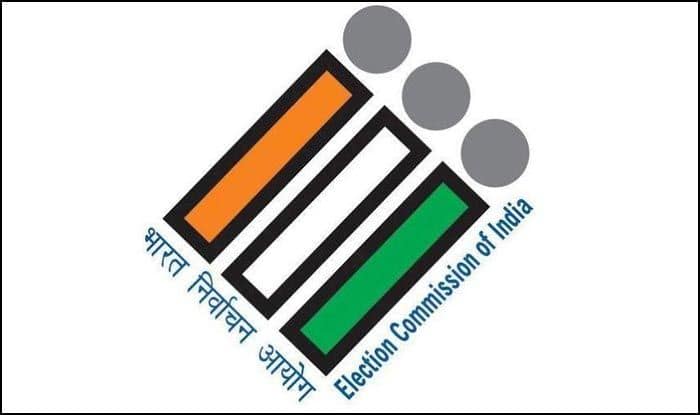EC To Utilize Blockchain Technology To Tackle The Problem Of Lost Votes

The Election Commission of India (EC) is endeavoring to leverage blockchain technology to approach the problem of missed votes, the Times of India reported.
Approximately a third of the country’s total voters (900 million) could not cast their votes in 2019 elections, chiefly because they were not in their hometown on the voting day. India has a considerable number of migrants – over 450 million – who leave their hometowns in quest of jobs or to study, or because of marriage. These migrants often favor not to go by the troubles of becoming a designated voter in their new place of residence.
Therefore, a substantial number of votes are lost due to this reason in every election process.
Conversing at the Times New Summit on Wednesday, chief election commissioner Sunil Arora announced that they are nearby to solving this issue utilizing blockchain technology.
He stated that the EC has teamed up with the Indian Institute of Technology, Chennai, to produce a blockchain solution that would facilitate registered voters to cast their votes even after they migrate to other cities.
Arora expects the solution to be rolled out during his tenure. He went on to state that a proposal to link voter IDs with Aadhaar – a unique identity number issued by the Unique Identification Authority of India to the residents, pending with the Ministry of Law, would be on the agenda during the EC’s deliberations with the ministry on electoral reforms scheduled on February 18.
Meantime, the National Institute for Smart Governance (NISG) has issued a draft document on the “National Strategy on Blockchain.” Among other things, the draft calls upon the government and the Reserve Bank of India, the country’s central bank, to come up with a central bank digital currency (CBDC) which it called Central Bank Digital INR (CBDR) or a state-backed digital Rupee.
Add a comment
You must be logged in to post a comment.




























































